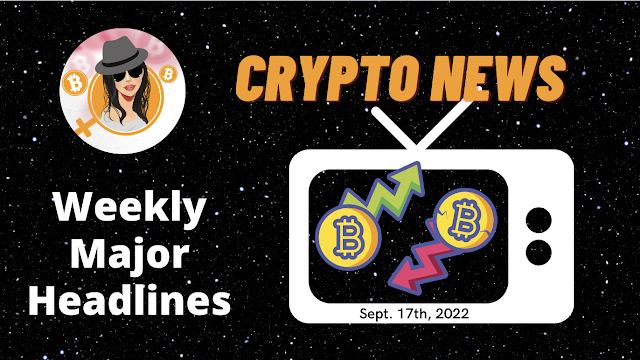How Blockchain Can (and Is!) Revolutionizing the Consumer Experience
In our increasingly connected world, it is harder than ever to be sure we know the origins of what we’re buying. But blockchain technology could help shed light on our opaque supply chains.
Lemons from Peru, avocados from Mexico, tomatoes from Spain. The ingredients for your guacamole may be better traveled than you are. The abundance of exotic or out of season foods is trailed by a byzantine web of interdependent supply chains that present many problems.
Lack of details on provenance can make it difficult for consumers to know the origins of their food. A recall can cause direct costs of around $10 million and cause significant damage to a company’s reputation.
Bad supply chain management contributes heavily to the 14% of all food that spoils before it even reaches store shelves. And the COVID-19 pandemic has shown that weaknesses in our global food supply chain and poor industry practices can rise to the level of national security threat.
Faulty projections of crop yields and import-export levels can even impact the financial world from Wall Street to commodity trading desks to consumer-level wagers in the markets.
A More Accessible Way to Record Data
The challenge of how to keep customers informed has been weighing heavily on the food industry for some time now. There are already countless procedures, sensors, and cameras all dedicated to tracking the journey of our food. But there is a missing piece of the puzzle. A lot of data is being collected but it is imperfectly recorded, siloed, and difficult to access.
Blockchain can’t collect the data but it is an excellent store of data. While blockchain projects like Bitcoin have become speculative assets, the technology itself is perfect for recording large amounts of data that needs to be securely accessible and unalterable.
A company can ensure that all data collected by its sensors is automatically logged into a blockchain that can be shared with all participants in the network without giving them the ability to alter that data. Each participant could be given a public key that enables them to view, and verify data without having to manually do anything.
This can be used by the companies participating in the food supply chain but it can also be used by customers. Each unit of food is given a unique hashcode and customers are able to use that code to trace exactly where the food was grown, where it traveled, and whether it meets all safety and certificate requirements. This helps to give the customer reassurance that their product is what it says on the packaging.
Sounds Great, but Is It Practical?
There are already projects helping to practically implement blockchain technology into our food supply chains. One such company is AgriDigital, which is working to make it easier for farmers to sell their products to purchasers.
For the consumer, the most common use of blockchain technology will be to verify the origin of products, particularly organic or sustainable produce.
One big challenge for consumers is understanding what labels really mean. Organic food has different standards in different countries. At the moment, customers must take any labels on faith. But organizations are trying to change this.
The World Wildlife Fund-Australia is building a solution that will take some of the guesswork out of ethical shopping. It has raised $4 million of funding in partnership with BCG Digital Ventures in order to build OpenSC. The project uses blockchain technology in order to make it possible for consumers to avoid illegal or environmentally damaging products without spending hours researching every purchase.
The company has started by tackling the fishing industry. A ship uses IoT tech to record the exact location a fish is caught and gives it a hashkey. It then tracks this fish through the entire supply chain right up until it hits the store shelves. A customer can then use the QR code supplied on the packaging to confirm that the fish they are about to buy has come from a sustainable source.
In the long term, the project is working to branch out into other sectors. For example, OpenSC is working with Nestlé to trace milk production from farms and producers in New Zealand to factories in the middle east.
There are a number of other major projects working on improving supply chain accountability. One notable project is the IBM Food Trust. If successful, these projects will finally make it possible for consumers to understand where their food came from, and even make it easier for all of us to make ethical purchases.
Guest Post by: Commodity.com
For: Mammycrypto.com





Comments